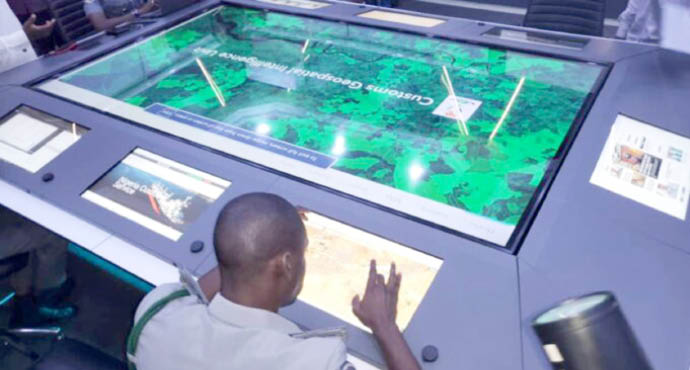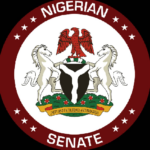One of the major challenges facing revenue collection in Nigeria is the inability to deploy relevant technology in driving efficiency and block leakages.
The Joint House of Representatives Committee on Finance, Banking and Currency recently stated that Nigeria lost about $30 billion from 2005 to 2019 annually in revenue leakages.
However, one of the major game changers in adopting technology to drive revenue is the Trade Modernization Project initiated by the Nigerian Customs Service (NCS)
The total projected expenditure for the project across the 20-year concession period is approximately $3.2 billion, encompassing both Capital Expenditure (CAPEX) and Operating Expenditure (OPEX). Each of the three phases, spanning the entirety of the concession, involves significant investment. Phase one involves a CAPEX investment of about $300 million, while phase two and three require investments of $465.4 million and $435.8 million respectively.
The deployment for each phase includes hardware, customs application, equipment, application implementation services, technology infrastructure, marine deployment and Special Purpose Vehicle (SPV) costs.
The concessionaire, Trade Modernization Project Limited (TMP) Ltd, will be developing, deploying, implementing and ensuring timely delivery of the project across NCS locations nationwide. This will be carried out according to the specified implementation schedule, output specifications and standards, and technical requirements outlined in the agreement.
The project is structured into three phases: Phase 1 – (Year 1 to 3) focuses on implementing core project services, including: Unified Customs Management System (UCMS) comprising Revenue, Enforcement and Office Automation Clusters; Trade Portal serving as a central hub for trading activities and integration with Other Government Agencies (OGA); Non-Intrusive Inspection System integrating 67 cargo scanners for enhanced cargo scanning and post-clearance audit.
Others are the Risk Control Centre (RCC) for nationwide command and control activities; Electronic Cargo Tracking System (ECTS) for monitoring cargo transit; Cargo Release System facilitating automated cargo release. Geospatial Services utilizing GIS for enforcement and border management.
Similarly, the Telecommunication, Video Surveillance, and Connectivity backbone; Capacity Building programme will focus on knowledge and skills transfer within the NCS.
Third is Office Automation Cluster which consists of modules that enhance the administrative functions, in support of frontline and operational activities.
Also in the project is the trade portal which is a central hub of all trading activities that key into the UCMS and will provide the integration interface for Other Government Agencies (OGA).
The trade hub will further simplify how the public obtains import and export licenses and other non-NCS-related certifications that enhance the import and export decision capacity of the NCS.
There is also the non-intrusive inspection system that integrates 67 cargo scanners of various types and capacities at seaports, airports and land borders. The system will provide anonymity in cargo scanning, coordinated release decisions and seamless post-clearance audit to ensure optimal performance of inspection image analysts.
The Risk Control Centre (RCC) is where command and control activities will be undertaken to provide nationwide visibility to the NCS. The RCC will be two-tiered, with each Zonal Command having its own mini-RCC, all of which are seamlessly integrated into the RCC at the headquarters.
An Electronic Cargo Tracking System (ECTS) is part of the package and it allows the NCS to track all cargo transiting through the country. It covers cargo marked for re-export, either through other land borders or through Free Trade Zones, as well as excise cargo for manufacturing purposes. Cargo will be monitored through electronic seals.
Phase two (years seven to 12, will focus on the deployment of the first upgrade/update to the technology systems, including the deployment of marine-related technology and related equipment. The capacity-building activities will continue in this phase to enhance the skills and knowledge of the NCS for technology optimisation.
Phase three (years 13 to 20) will see the deployment of the second and continuous upgrade to the technology systems, as well as hand back of the assets to the NCS, given the expected independence of skills and capacity of NCS personnel based on the continuous capacity building activities of the project.

 Join Daily Trust WhatsApp Community For Quick Access To News and Happenings Around You.
Join Daily Trust WhatsApp Community For Quick Access To News and Happenings Around You.


